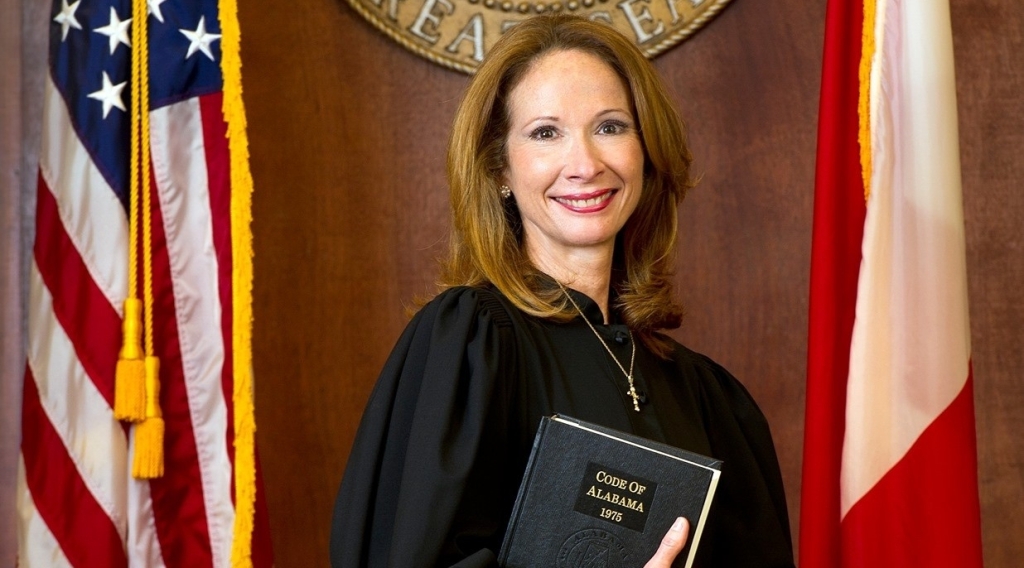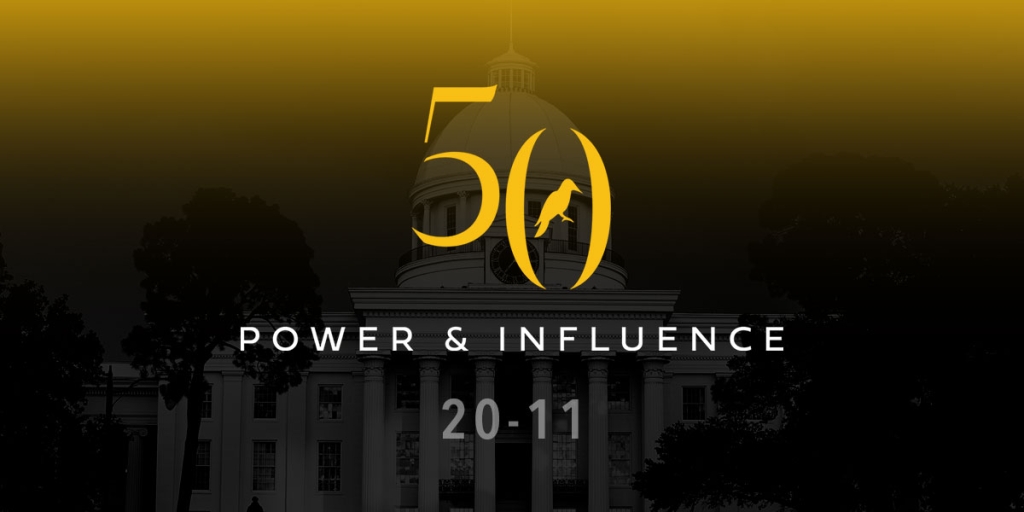
A prominent Alabama Republican facing a tough election weeks away gets hit with sexual misconduct allegations that threaten to derail his campaign.
Roy Moore, 2017?
Yes, but also Steve Windom, 1998.
Political observers scratching their heads over why some Alabama voters would not automatically believe allegations in The Washington Post this week that Senate candidate Moore initiated sexual contact with a 14-year-old girl in 1979 when he was a 32-year-old prosecutor, need look no further than the 1998 race for lieutenant governor.
Windom at the time was trying to become the first Republican in a century to win the office when former prostitute Melissa Myers Bush stepped forward to accuse him of raping and sodomizing her. The allegation rocked the campaign and turned his race against Democrat Dewayne Freeman upside down.
Political analysts at the time could think of no comparable allegation against a major candidate so close to Election Day.
“This would even go lower than the skunk ad, which was silly in some respect,’” University of Alabama political scientist William Stewart told the Associated Press at the time, referring to an attack ad run two years earlier comparing a state Supreme Court candidate to the smelly animal.
Windom, now a lobbyist, could not be reached for comment. He went on to win that race after his accuser’s story fell apart. Bush ended up recanting her story which she had told on videotape, that Windom had sexually assaulted her in 1991.
Bush testified in 2000 at a criminal trial that she accepted money to make the allegation. Others testified the amount was $5,000.
A jury convicted Garve Ivey, an attorney who long had been active in politics, of a misdemeanor criminal defamation offense. A judge sentenced him to 30 days in jail and fined $1,000, although an appeals court overturned the conviction the following year.
The jury acquitted Wes Chappell, a private investigator who also was accused of participating in the scheme.
One false allegation against a politician nearly 20 years ago proves nothing about the current allegations facing Moore, of course. Jess Brown, an emeritus political science professor at Athens State University, pointed out key differences.
Whereas the rape allegation fell apart quickly amid evidence of a setup, Brown said nothing of the sort has come to light so far with respect to Moore’s accuser. And in addition to the main accuser, Leigh Corfman, the Post story names three other women — on-the-record — who told the Post that Moore dated them when they were teenagers — although over the age of consent.
“People are going to start to ask, ‘Why did these women come forward?’” he said.
Brown said he expects many voters to stick by Moore.
“I don’t doubt for a moment that there are going to be people who are intensely partisan… or intensely loyal to Judge Moore,” he said.
But Brown said even in a low-turnout special election, he expects about a quarter of the electorate to be independents. Indeed, a snap poll commissioned by Decision Desk HQ and conducted by Opinion Savvy puts the race at a dead heat.
“It is potentially a game-changer,” he said. “If [Democratic candidate] Doug Jones can get two-thirds or more of independent voters, this thing is going to be a real horserace.”
Brendan Kirby is a senior political reporter for LifeZette.com and the author of “Wicked Mobile.” Follow him on Twitter.












